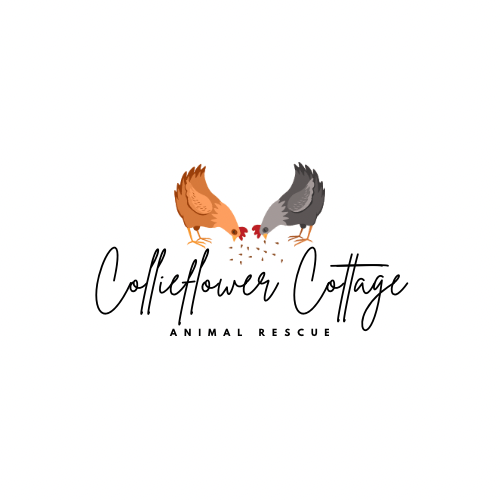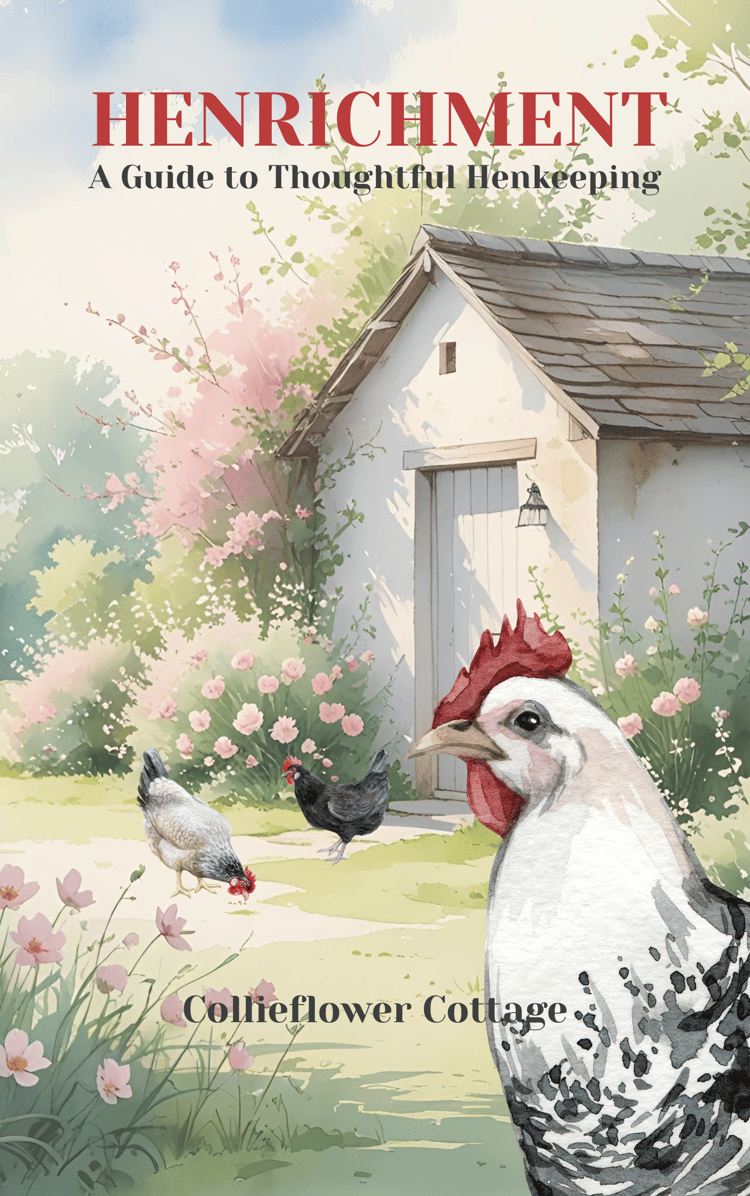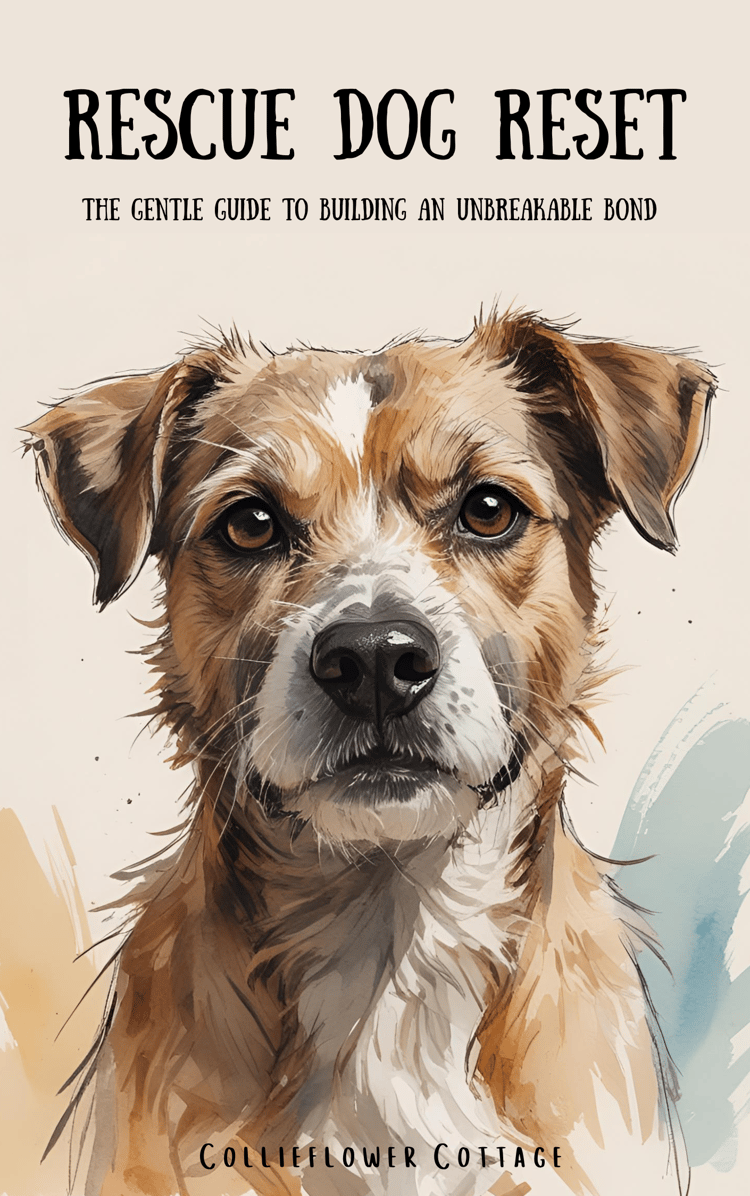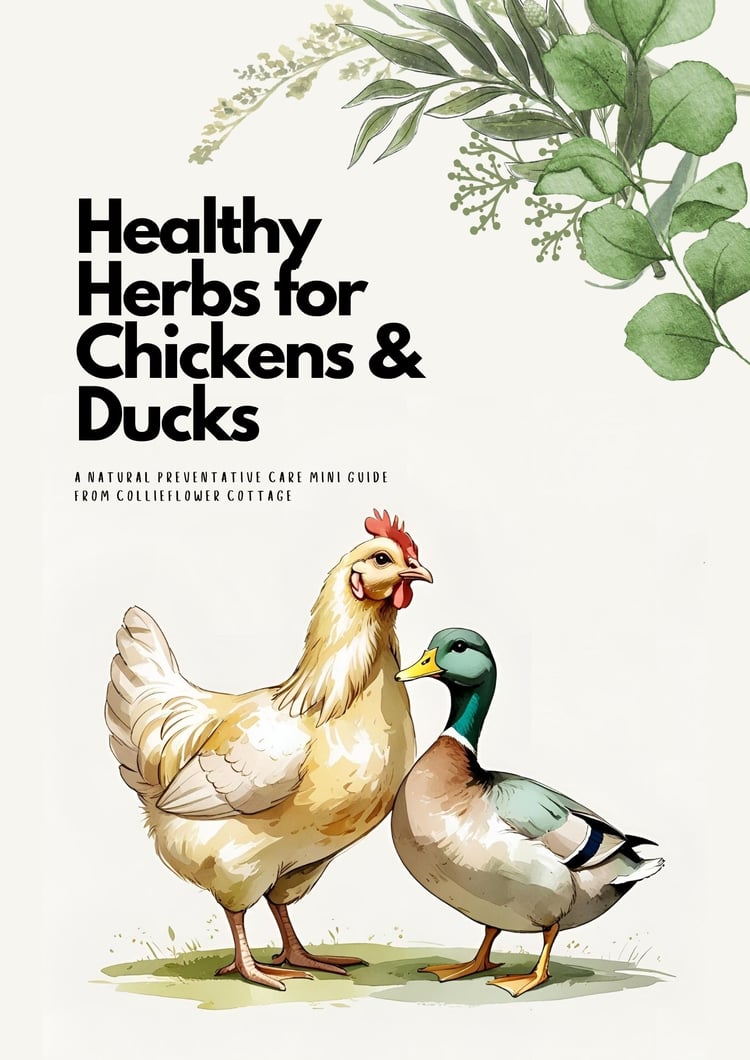The recent undercover investigation by animal rights activist Joey Carbstrong has lifted the lid on a dark and disturbing truth that many consumers would rather not confront.
The footage, filmed inside a Red Tractor and RSPCA Assured egg-laying facility in West Yorkshire, shows hens—birds that society often considers symbols of farmyard tranquility—being subjected to distressing and inhumane euthanasia methods. These hens, after weeks or months of relentless egg production, are corralled into gas chambers and killed with carbon dioxide, exhibiting unmistakable signs of panic and suffering.
This exposé is more than just a grim glimpse behind closed doors; it is a direct challenge to the narrative perpetuated by industry certification schemes like Red Tractor and RSPCA Assured. These certifications are marketed as guarantees of animal welfare and humane treatment. Yet, as the footage painfully reveals, these assurances are misleading at best, and cynically deceptive at worst.
The Illusion of “Humane” Labels
Red Tractor and RSPCA Assured labels are widely trusted by consumers who want to believe they are making ethical choices. These schemes claim to oversee welfare standards and ensure that animals are treated with respect throughout their lives. But the reality is starkly different. The Red Tractor scheme, which certifies roughly 90% of UK farm produce including eggs, alongside RSPCA Assured’s welfare standards, permits euthanasia methods that cause clear distress—methods now publicly scrutinized thanks to Carbstrong’s investigation.
Scientific studies increasingly question the humaneness of carbon dioxide (CO₂) euthanasia for poultry. Research published in the Journal of Applied Animal Welfare Science and by welfare scientists such as Dr. Nick Bell has shown that CO₂ causes significant distress and pain before loss of consciousness, including breathlessness, anxiety, and panic behaviours—exactly the distress visible in the undercover footage. Despite this, CO₂ remains the most common euthanasia method in the egg industry due to cost and practicality rather than welfare.
From Gas Chamber to Dinner Plate
Perhaps the most chilling aspect of this exposé is what comes next. After enduring this brutal end, the carcasses of these hens are processed and enter the human food chain, often as ingredients in processed meats or pet food. Consumers purchasing eggs from Red Tractor and RSPCA Assured farms have little idea that the birds responsible for those eggs may have suffered immensely just weeks before their remains are packaged and sold.
This cycle reveals the brutal disposability at the heart of industrial egg farming. Birds are commodities to be exploited for maximum egg output, then discarded and slaughtered when their productivity declines—usually by the time they are less than a year old. The industry’s relentless drive for efficiency leaves no room for animal welfare beyond the bare minimum required to avoid public backlash.
The Broader Ethical Crisis
This investigation must force us to confront uncomfortable questions: How can welfare be assured when the very purpose of these animals’ lives is relentless, high-yield production? How do we justify a system where sentient beings are bred, exploited, and killed on a massive scale with little regard for their wellbeing?
It is increasingly clear that certification labels like Red Tractor and RSPCA Assured offer a false sense of security. They do not protect animals from suffering; instead, they serve to protect industry profits by reassuring consumers that ethical standards are being met, while the reality is often far harsher.
What Needs to Change
The public’s reaction to Joey Carbstrong’s exposé should be a catalyst for urgent reform. Transparency is paramount—consumers deserve to know exactly how their food is produced, not sugar-coated marketing. Moreover, welfare standards must be revisited to ban methods like gas chamber euthanasia that cause obvious distress.
Longer-term, we need to challenge the industrial farming model itself, which prioritizes output over life quality. Supporting alternatives such as pasture-raised, smaller-scale farms or plant-based options can reduce demand for cruel factory-farmed eggs.
This exposé is a stark reminder that no certification label can replace genuine compassion and systemic change. Behind the comforting words on egg cartons lies a hidden world of suffering, commodification, and cruelty.
As philosopher Jeremy Bentham famously said, “The question is not, Can they reason? nor, Can they talk? but, Can they suffer?” It is this suffering—often invisible, almost always ignored—that demands we rethink our food systems and stand unequivocally for animal welfare.
References:
- Bell, N. et al. (2018). Animal Welfare Implications of Carbon Dioxide Euthanasia in Poultry. Journal of Applied Animal Welfare Science.
- Compassion in World Farming. (2023). CO₂ Euthanasia: The Welfare Concerns.
- Red Tractor Assurance Scheme. (2024). Animal Welfare Standards.
- RSPCA Assured. (2024). Animal Welfare Standards for Egg Production.
Our articles are free because we want as many people as possible to think about animal welfare. You can support our mission to provide sanctuary to more animals and tell more of their stories by visiting our store, sending a gift or sharing our articles on social media









Comments ()